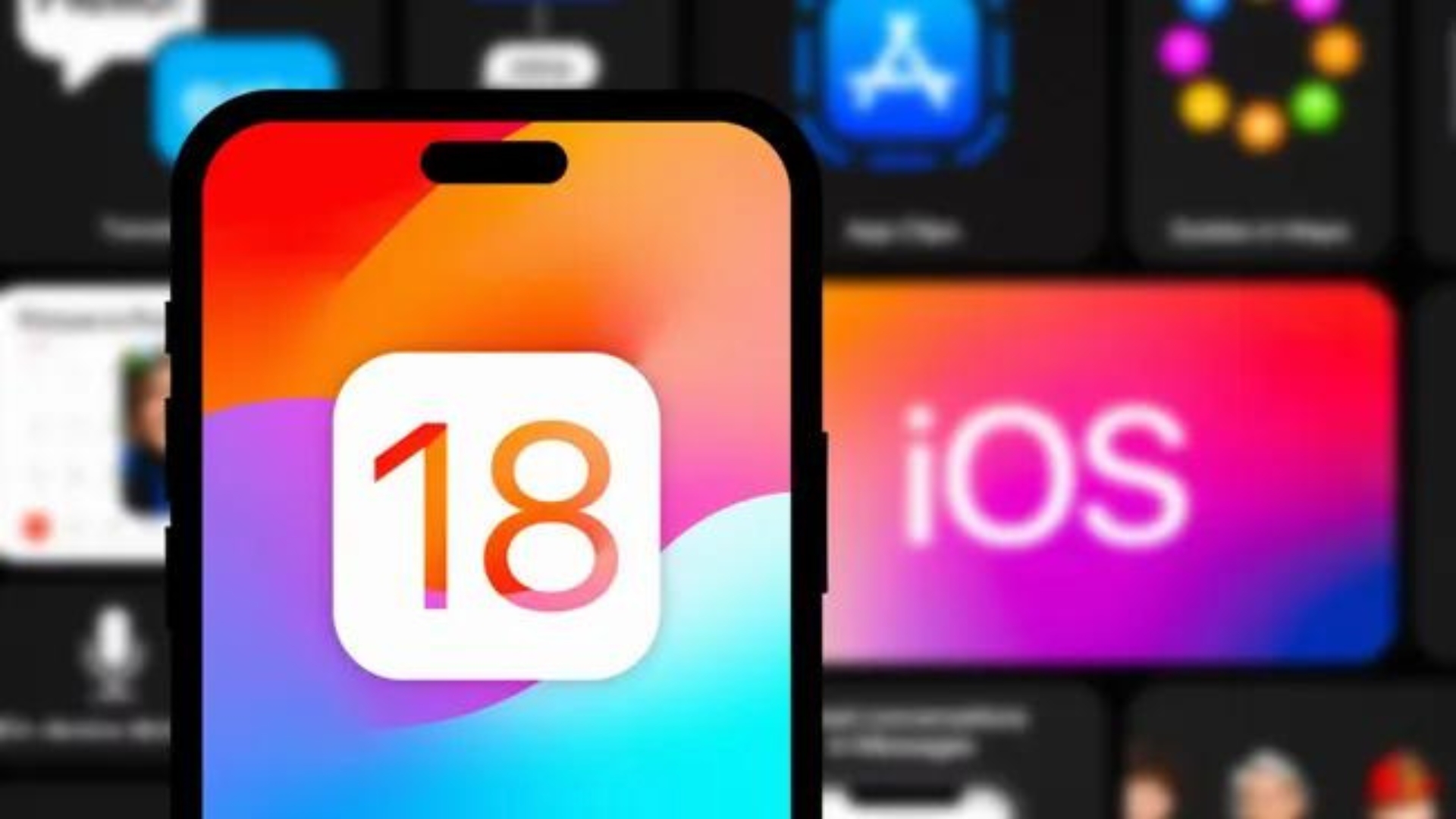iPhone’s Latest AI Features Might Come with a Huge Catch. Imagine purchasing a brand-new iPhone 14 Pro in 2022 for at least $999, only to find out after less than two years that it isn’t capable of running iOS 18. It may sound gloomy, especially for a product that is well-known for having a long shelf life thanks in large part to Apple’s industry-leading software update program.
However, it appears that the terrifying surprise won’t arrive for another week or so. According to a recent report by Bloomberg, iOS 18 will have some significant AI-driven features, with Siri being one of the primary beneficiaries of all that innovation. However, there may be a price that iPhone owners must pay for it all.
Bloomberg’s Tweet
“Apple is betting that the new AI features for the iPhone will encourage users to upgrade their devices. Many of the on-device AI capabilities will require an iPhone 15 Pro or later to work,” Bloomberg reporter Mark Gurman wrote on X (formerly Twitter). This implies that phones such as the iPhone 15, iPhone 15 Plus, iPhone 14 Pro, etc. might not come with all of the new AI functions.
Even while that could already sound like a bad deal, there are more factors at play here, particularly in terms of value. According to reports, Apple has designated the M1 processor as the standard processor for iPads, which are essentially just big screens with the iOS interface stretched out. In 2021, the M1 processor was introduced to the market.
Macs can also use the same semiconductor target. However, since that is a desktop-class processor, let’s ignore the computational component and concentrate on the differences between the iPhone and iPad. iPhone’s Latest AI Features: The most recent iPad Air, which has an upgraded M2 CPU, is priced at $599. In the US, you will need to part with a minimum of $999 to purchase the iPhone 15 Pro. In other markets, the amount will likely be substantially larger.
iOS 18’s AI Features Won’t Come Cheap
It would seem that TSMC’s A17 Pro processor, which is based on a 3-nanometer node, would be the hardware minimum for on-device AI computation. or more precisely, the 16-core neural processing unit (NPU) that is built into the iPhone 14 Pro, outperforming the device’s own 16-core AI accelerator hardware. I’ll hold off until Apple clarifies this discrepancy—perhaps in the form of a press release footnote. or not at all.
That’s one thing—Apple claims that the NPU of the A17 Pro is twice as quick. Although Bloomberg’s reporting has been usually accurate, this is just an early projection, and things could change in the future. Consider Google and Samsung as examples.
Samsung AI Functions
Samsung later expanded the Galaxy AI functions to include earlier phones, despite having initially stated that they would only be available on the newest Galaxy S24 series of phones. Google first stated that the on-device Gemini Nano would only be compatible with the Pixel 8 Pro, but they quickly reversed their position and included the smaller Pixel 8 as well.
Because flagships are supposed to be future-proof, at least for a few years, people spend a fortune on them. Furthermore, they don’t think that in just over a year, the next significant software update will create functional boundaries. That appears to be the fate of the iPhone 14 series and its predecessors, whether they were Pro models or not, if the Bloomberg article is true.
But in terms of AI benefits, what can we anticipate from iOS 18 specifically? Alright, let’s begin with Siri. iPhone’s Latest AI Features: Apple is allowing Siri to communicate with your phone’s loaded apps for the first time. The digital assistant can perform many activities like opening documents, managing email, and summarizing articles with just a voice command.
“The new system will go further, using AI to analyze what people are doing on their devices and automatically enable Siri-controlled features,” reports Bloomberg. The helper will eventually be able to perform two jobs with a single voice command.
More generally, iOS 18 will include features like automatic message answers, AI-assisted photo editing, voice memo summarization, and notification recaps. According to reports, Apple is placing more emphasis on on-device processing, which handles requests locally rather than transferring them to cloud servers because it’s a faster and safer method. Everything sounds very impressive. However, there will be a significant warning if those tactics only work with powerful iPhones that were released last year or later.
